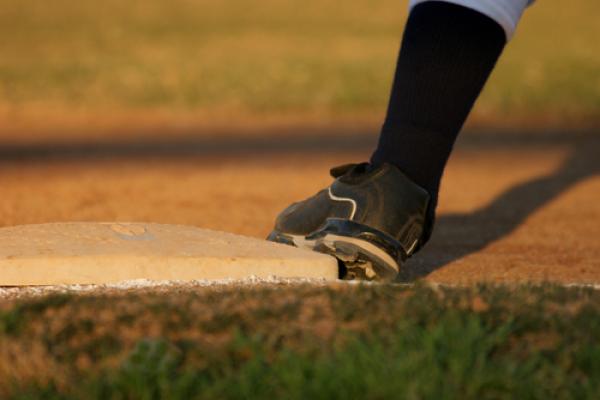Editor’s Note: Jim Wallis’ latest book On God’s Side: What Religion Forgets and Politics Hasn’t Learned About Serving the Common Good is sparking a national conversation of what it means to come together on issues that traditionally divide the nation. Bloggers Adam Ericksen and Tripp Hudgins are having that conversation here, on the God’s Politics blog. Follow along, and join the discussion in the comments section.
In his post “Lattes for the Common Good,” Tripp states that working for the common good starts in mundane places, like a coffee shop. These are the places where we practice neighborliness. Here’s Tripp’s brilliant point:
I wonder if one of the things that we can think about in terms of the common good is learning to practice neighborliness in the inconsequential moments so that when we face the bigger political difficulties of our shared life — when we start talking about the common good in the larger sense around some of the other issues like violence, and fear, and money — that maybe if we've already built up habits we can have these larger conversations with greater ease.
Jim Wallis says something very similar in his book On God’s Side. When it comes to the common good, Wallis states, “I have never seen the real changes we need come from inside politics. Instead, they come from outside social movements” (295).
According to Wallis, for those social movements to make any real change in our politics they must be based on the biblical command to “love your neighbor as yourself.” Indeed, On God’s Side begins with a reflection on the Golden Rule. And, as Tripp says, “learning to practice neighborliness” is learning to practice loving our neighbor as we love ourselves.
But there is a tension in Wallis’s book that, for me, is unresolved. That tension is clearly seen when Wallis talks about baseball.
Read the Full Article

